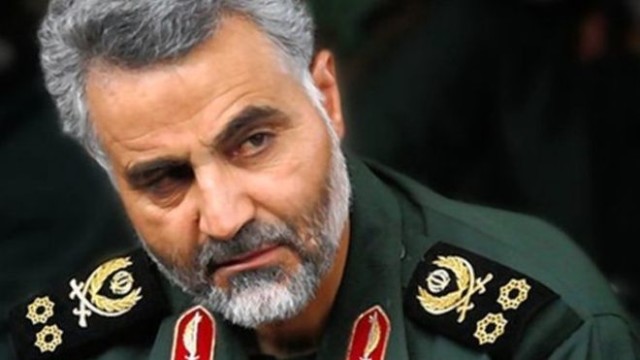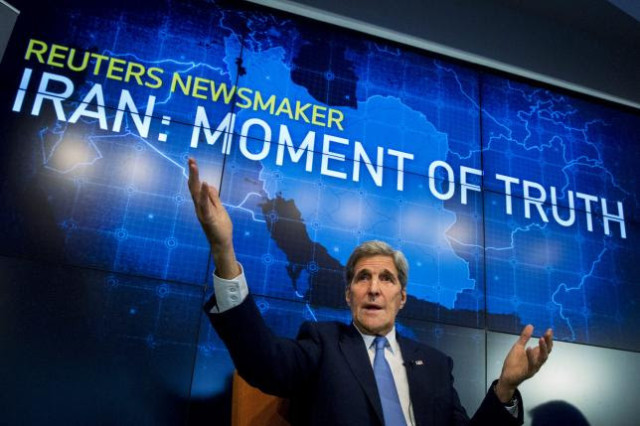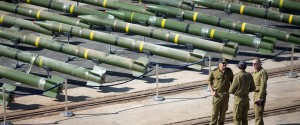It was a bizarre turn of events at the opening of the UN General Assembly in New York on the 70th Anniversary of the world body. President Obama gave a speech lambasting Putin’s Russia over its seizure of Crimea and invasion of eastern Ukraine violating the country’s sovereignty. However, he paid court to Russia and China for supporting the Iran nuclear pact unanimous approved by the UN Security Council poised to release tens of billions in sequestered funds as of December 15, 2015. He questioned Russia’s sudden military presence in western Syria building a military complex to bolster the Assad regime. A regime that rained barrel bombs causing the deaths of 250,000. A regime ethnically cleansing the country’s Sunni population sending millions to displaced persons camps in Turkey, Jordan and Lebanon and hundreds of thousands in flight to the EU. The President got warm applause over his rapprochement with Cuba.
Putin, when he had his turn at the rostrum accused the U.S., without naming it, of causing the rise of the Islamic State through its invasion of Iraq and Afghanistan, ultimately creating a Sunni supremacist Caliphate. Following Putin Iranian President Rouhani had his turn at the rostrum in the Assembly hall. He made the astounding proposal that an international alliance including Russia, Iran, Syria and Iraq combat terrorism in the Middle East. A proposal that Rouhani said should be confirmed in another Joint Comprehensive Plan of Action akin to the Iran nuclear pact. He noted the nuclear pact was concluded “without the impediment of the Zionist enterprise”, meaning Israel. Witness the cheek of President Rouhani of Iran suggesting a new Shia alliance in the Middle East, plus Russia welcoming the US to join in fighting Sunni Supremacist Islamic State.
What was on display at the UN was the supplanting of the U.S. in the new great game of the Middle East by Russia. It was enough to make one’s head spin with these sudden turns of events. It made the U.S., look like a “JV team “struggling to keep up.
The usually astute Shoshana Bryen, senior director of the Washington, DC-based Jewish Policy Center was asked by this writer during the September 27, 2015 Lisa Benson Show why these developments occurred so suddenly. She said that Putin’s Russia like all great powers do when they are confronted by a vacuum, especially one that threatens its national interests. Thousands of Jihadists have left Chechnya, Dagestan, and Tartarstan in Russia attracted by the Salafist Islamic doctrine of the Islamic State as a declared Caliphate. Thus Putin’s objective is to “bottle” up these Sunni Jihadists in Syria and Iraq. Putin admitted as much in a CBS 60 Minutes interview with Charlie Rose Sunday evening when he said:
More than 2,000 fighters from Russia and ex-Soviet republics are in the territory of Syria. There is a threat of their return to us. So instead of waiting for their return, we are better off helping Assad fight them on Syrian territory.
Watch the CBS 60 Minutes Charlie Rose interview with Russian President Putin:
When Lisa Benson asked Bryen about where Iran’s proxy Hezbollah stood in these developments, she replied Hezbollah “had not been an efficient fighting force in Syria. Further, she commented that Russian presence in Syria is meant to actually limit Hezbollah’s involvement, perhaps to a defensive role “in the Alawite enclave.” Moreover, she noted that Putin is not interested in a war with Israel ,suggesting that the meeting with Netanyahu in Moscow was to coordinate means to avoid conflict. However, Bryen noted Putin has another interest in the region, “control over the flow of gas to Europe” being developing offshore in Israeli, Egyptian, and Lebanese fields. Bryen thinks there is ‘no evidence’ of Russian presence on the Syrian frontier on Israel’s Golan Heights. Notwithstanding a spate of rocket and mortar attacks on the Golan responded to by the IDF this past weekend that Israeli Minister of Defense Ya’alon thinks were ordered by Iran. We shall soon see whether Putin’s gamble pays off. Or results in another graveyard like Afghanistan rout of the Soviet 40th Army in 1989.
We could see this thunder clap about to occur in the run up to the UN General Assembly session. We had the Russian announcement of military aid and mission to be established in the Alawite bastion of Latakia province. Included were the building of expanded landing fields to accommodate Ilushin cargo aircraft and squadrons of Mig and Sukhoi fighters, transiting from Russia to Syria via Iran and Iraqi airspace. Then there was the announcement of Black Sea fleet maneuvers in the eastern Mediterranean Sea. In late July, following the UN endorsement of the Iran deal, Revolutionary Guards Quds Force Commander Qasem Soliemani in Moscow met with Putin and Russian Defense Minister Shogui. Those discussions were ostensibly to expedite deliveries of Russian advanced air defense systems, but in reality to plan for Russian direct involvement with Iranian forces . In May , we witnessed an alleged US ally, Iraqi Premier Haidar al-Abadi traveling to Moscow to obtain additional fighter deliveries to aid in the battle against the Islamic State. Meanwhile, President Obama had committed 3, 500 American military trainers to assist the Iraqi National Security forces to recover Anbar province and Mosul. Abadi, our alleged ally in the coalition against ISIS, brought in Russian military advisors to link up with Soliemani directing Iraqi Shia militia forces.
The unkindest cut of all was the announcement on the eve of the UN General Assembly of a joint intelligence and security operations center in Baghdad sharing information among Russia, Iran, Syria and Iraq.
There was also evidence that the U.S. led coalition strategy in Syria and Iraq “defeating and degrading” ISIS had collapsed. That was reflected in testimony before the Senate Armed Services Committee by CENTCOM commander, Gen. Lloyd Austin who told Senators that the $500 million program to train Syrian opposition fighters had failed ignominiously. We had spent $40 million training and equipping 60 candidates, who signed waivers that they were to fight ISIS, not Assad. 40 of those surrendered their weapons and joined Al Qaeda affiliate jabhat al Nusra. If that wasn’t enough, we had the roiling scandal of a revolt by CENTCOM intelligence analysts who requested a Pentagon Inspector General investigation into why assessments were being prettied up by superiors to present a misinformed picture to the President and National Security Staff that we were succeeding in the air campaign without US boots on the ground. That was further depicted in testimony by ex-CIA director, retired Army General Petreaus , who testified before the same Senate Armed Services Committee recommending establishing no fly zones, sanctuary havens in country and deploying Special Forces teams. Add to that the failure of the Obama White House to honor its commitment to supply Syrian Kurdish YPG and Iraqi Kurdish Peshmerga forces with updated weapons, ammunition and equipment. The Kurds are being attacked by Turkish air force fighters. To cap things off, retired Marine Gen. John Allen, coordinator of the Coalition effort, resigned after a year of service. As former Defense Intelligence Agency head, retired Army General Michael Flynn observed, this is what you get when you “politicize intelligence”. The President suggested in his UN address that the Islamic State “violent extremism , distorts ”the true meaning of the Islamic faith.”
Russian may have “frozen” the Syrian conflict in a stalemate. The U.S. finds itself suddenly on the sidelines, largely, by its own “red lines”. Now with Russia’s direct involvement in Syria and Iraq, we will soon find out if ISIS is vanquished or remains a growing global threat. Such are the rules of The Great Game that in the 19th Century pitted imperial Czarist Russia against the British Empire.
EDITORS NOTE: This column originally appeared in the New English Review.




